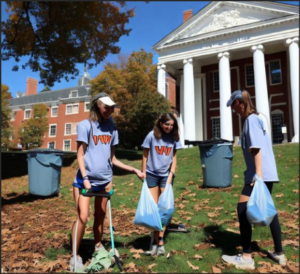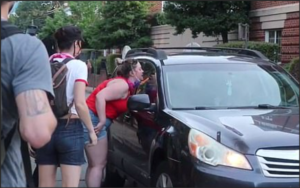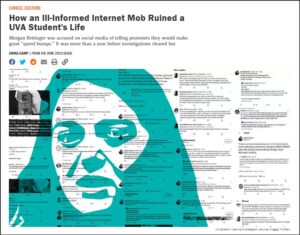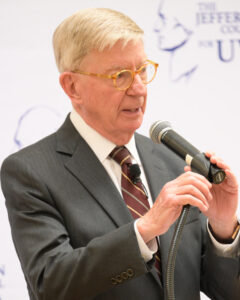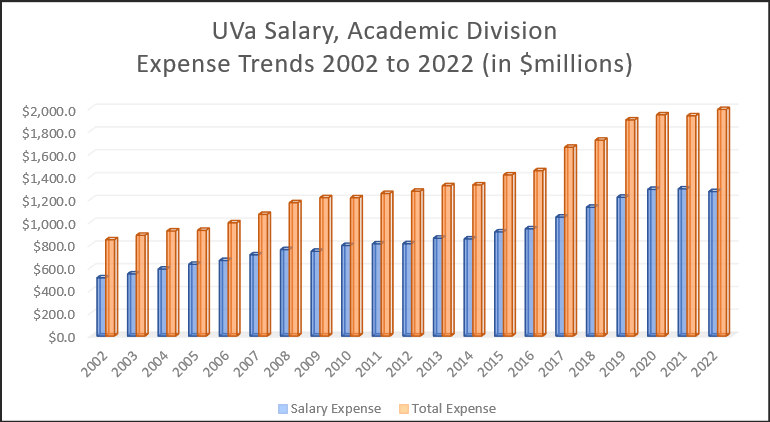
by James A. Bacon
Tis the season for Virginia’s universities to announce how much they are raising tuition & fees for the upcoming academic year. Virginia Tech’s Board of Visitors has jacked up tuition by 4.9% and the College of William & Mary by 4.5%. Virginia Commonwealth University is considering an increase of 4% to 5%, George Mason University 3%. After a bout of inflation that peaked around 9% and is still running about 6%, putting both university and family budgets under stress, the pressure on governing boards is intense.
At the University of Virginia a tuition increase has been baked into the cake since November 2021 when the Board of Visitors approved a two-year increase of 4.7% in 2022-23 and 3.7% in 2023-24. Under pressure from Governor Glenn Youngkin to hold down charges, UVa issued a rebate to in-state undergraduate students to offset last year’s increase. But there has been no indication that the Board will reconsider a refund in 2023-24. In-state undergrads could well find themselves paying 8.4% more next year.
UVa officials, like their peers at the state’s other public universities, blame the failure of state support for higher education to keep pace with growing enrollment and the escalating Consumer Price Index. In the past, UVa’s board has rarely questioned that claim. But now some board members want to dig deeper into the numbers. Continue reading

 by James A. Bacon
by James A. Bacon